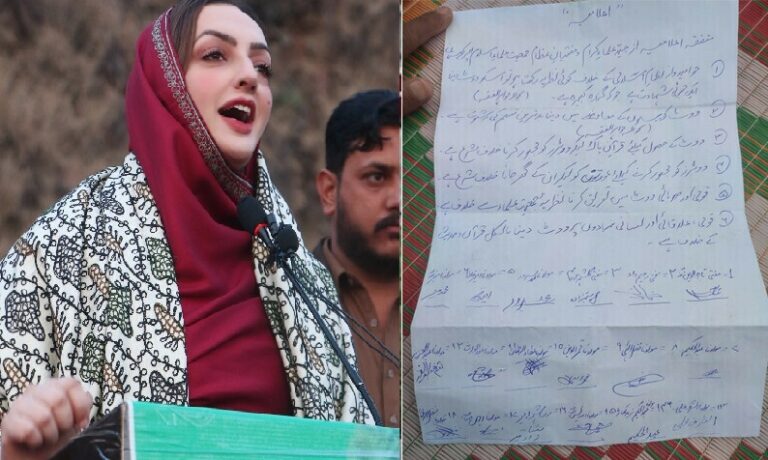PESHAWAR: In an unprecedented development, female candidates are making history by contesting elections in the Kohistan region of Khyber Pakhtunkhwa province. However, they now face challenges as a group of Islamic clerics in the region has issued a fatwa, just two weeks before the February 8 general election in Pakistan, against women’s participation in elections
Approximately 400 ulemas gathered in the Komila area of Kohistan, concluding the meeting with the issuance of a six-point ‘declaration’ or fatwa. According to the declaration, taking women to voters’ homes for canvassing is deemed against Sharia. It also declared that voting for a candidate with views against the Islamic system of government is considered supporting a lie, a grave sin in Islamic teachings.
The fatwa further states that compelling voters to pledge their support on the Holy Quran is against Sharia. Voting in exchange for monetary gains is condemned as the worst form of bribery, and casting a vote based on national, regional, or ethnic divisions is deemed contrary to the principles of the Holy Quran and Hadith.
The decree also opposed differentiating between votes for national and provincial assemblies, emphasizing that such an act goes against the ideology of the ulema. The declaration bears the signatures of at least 18 ulemas.
Kohistan, a conservative mountainous region in the north of Pakistan, is witnessing a historic moment as three women candidates, including two from the PTI, participate in the election for the provincial assembly of Khyber Pakhtunkhwa.
Tehmina Fahim, supported by the PTI, is contesting for the PK-31 Upper Kohistan constituency. Momina Basit, another PTI-backed candidate, is running for the PK-33 Kolai Palas seat, where Sanaya Sabeel, an independent candidate, is the only other female candidate.


